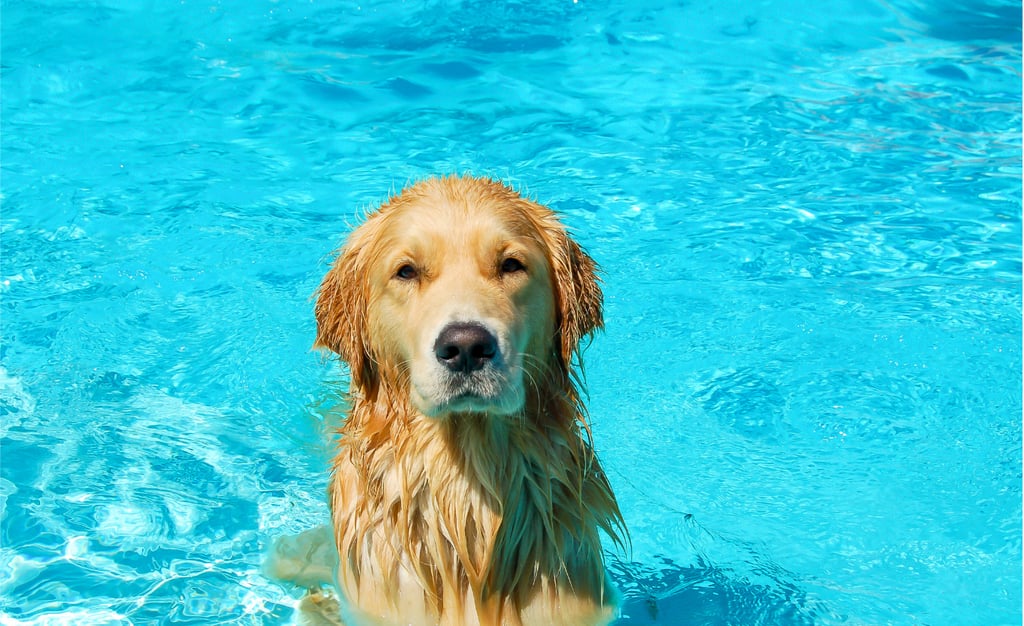Summer pet care tips: keep your dog or cat safe
Learn how to protect your pet from heat, dehydration, and burns with easy summer care tips for dogs and cats. Keep them cool, safe, and happy!
8/11/20253 min read
Summer care for pets: why it’s so important
Summer brings sunshine, outdoor fun, and longer days — but it also brings challenges for our furry friends. While we can cool off with light clothing and cold drinks, pets rely entirely on us to help them handle the heat safely.
Dogs and cats are sensitive to high temperatures, and without proper care, they can quickly suffer from dehydration, burns, or heatstroke. Learning how to prevent these risks is the best way to ensure your pet enjoys the season in comfort and safety.
Why heat can be dangerous for pets
Unlike humans, pets don’t sweat all over their bodies. Dogs pant and cats lick their fur to regulate temperature — which makes them more vulnerable to overheating.
Common Summer Health Risks
Heatstroke: dangerously high body temperature.
Dehydration: loss of fluids without proper replacement.
Paw burns: from walking on hot asphalt or concrete.
Sunburn: common in pets with light fur or sensitive skin.
Insect bites: more frequent during warmer months.
Understanding these risks is the first step to preventing them.
Hydration: your pet’s first line of defense
Water is essential for your pet’s health year-round, but in summer it becomes a top priority.
Tips to keep your pet hydrated
Always provide fresh, clean water.
Change the water several times a day.
Use larger bowls or pet fountains to encourage drinking.
Offer ice treats or frozen fruit cubes (like seedless watermelon).
💡 Extra tip: If your pet doesn’t drink much water, place several bowls around your home. Ceramic or stainless-steel bowls help keep the water cooler longer.
Protection from sun and excessive heat
Just like humans, pets can suffer from excessive sun exposure. In addition to avoiding walks during peak heat hours, follow these key precautions:
Avoid walks between 10 a.m. and 4 p.m.
Apply pet-safe sunscreen on exposed areas (ears, nose, belly).
Choose shaded, well-ventilated spots for playtime.
Never leave your pet inside a car, even for a few minutes — temperatures rise dangerously fast.
Protecting your pet’s paws
Hot asphalt and concrete can burn your pet’s paw pads in minutes.
Simple pavement test
Place the back of your hand on the ground for 5 seconds. If it’s too hot for you, it’s too hot for your pet.
How to protect their paws
Walk during cooler hours (early morning or late evening).
Stick to grass or dirt paths.
Use protective booties when needed.
Summer nutrition for dogs and cats
During hot weather, pets often eat less — that’s normal. Still, they need all the nutrients to stay strong and healthy.
Feeding tips
Offer meals during cooler parts of the day.
Include wet food to help with hydration.
Don’t leave food out for long — it can spoil.
Offer small portions of safe fruits as treats (like apple slices or watermelon).
Balanced nutrition supports your pet’s energy and hydration throughout the season.
Keep their environment cool and comfortable
Creating a cool and pleasant indoor environment helps prevent heat-related stress and keeps your pet happy.
Practical Cooling Tips
Provide cooling mats or damp towels on the floor.
Use fans or air conditioning (avoid direct airflow for long periods).
Keep windows safely open for air circulation.
For cats, offer elevated, shaded resting spots where they can relax comfortably.
Bathing and grooming during summer
Bathing helps your pet feel refreshed, but overdoing it can harm their skin.
Summer bathing tips
Avoid frequent baths that remove natural oils.
Use gentle, pet-safe shampoos.
For long-haired breeds, consider a hygienic trim to improve ventilation.
Bathe with cool or lukewarm water, not ice-cold.
A well-groomed pet stays cooler and more comfortable in hot weather.
Extra care for senior and short-nosed pets
Elderly pets, puppies, and brachycephalic breeds (like pugs, bulldogs, shih tzus, and Persians) are especially vulnerable to heat.
For these pets:
Limit outdoor activities on hot days.
Watch for fatigue or rapid breathing.
Keep water available at all times.
Seek immediate veterinary help if any signs of distress appear.
Warning signs: when to see a veterinarian
Recognizing symptoms of overheating early can save your pet’s life.
Watch Out For:
Excessive panting or drooling
Weakness or lethargy
Tremors or shaking
Vomiting or diarrhea
Red or bluish gums
If you notice any of these signs, take your pet to a veterinarian immediately.
Quick recap: essential summer pet care tips
✅ Keep fresh water available at all times
✅ Avoid direct sun and heat
✅ Walk during cooler hours only
✅ Use pet-safe sunscreen
✅ Protect their paws from hot surfaces
✅ Maintain a cool, ventilated environment
✅ Give moderate baths and proper grooming
✅ Pay extra attention to seniors, puppies, and short-nosed breeds
Safety and fun go hand in hand
Summer can be an amazing season to enjoy with your furry friend — as long as you take the right precautions. With good hydration, sun protection, balanced nutrition, and a cool environment, your pet can enjoy every sunny day with energy and happiness.
Remember: your pet’s well-being is in your hands. Prevention is the best way to avoid heat-related problems and guarantee joyful, safe days together.


Health
Tips for a healthy and balanced life.
© 2025. All rights reserved.
Well-being
Privacy Policy
Terms and conditions
